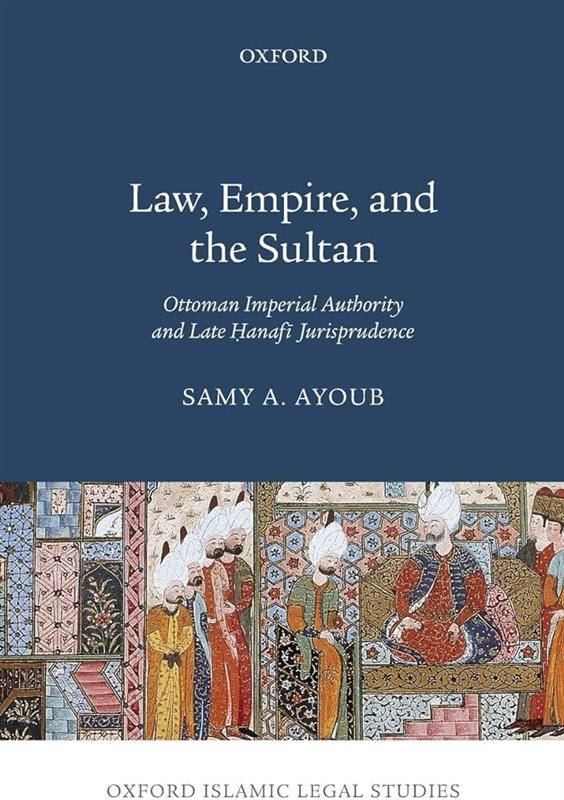
Location: Zoom | Time: 2 pm to 4 pm | Date: May 16
Welcome to our monthly workshop on Islamic law and imperialism. The goal of our workshop is to explore the local legal transformations that occurred under the influence of imperial powers. Our workshop series aims to decentralize the traditional narratives of European colonialism. Rather than dwelling solely on colonial policies, we will shift our focus to Islamic legal practices under various imperial settings. For example, we will explore the understudied region in Islamic legal studies, such as Russian imperialism on the Islamic legal system. While the Russian Empire’s influence on Islamic law has been a lesser-explored terrain, our discussions will not be confined to a single empire; we will venture into other imperial formations, including the Ottoman Empire, and examine Islamic legal developments in the 18th and 19th centuries across regions such as the Middle East, North Africa, and South Asia. Throughout our workshops, we will delve into the strategies employed and the myriad manifestations of law in societies touched by imperial forces. Our discussions will encompass both the most recent scholarship and foundational works on Islamic law and imperialism.
In the month of May, we will discuss a book by Samy Ayoub entitled Law, Empire, and the Sultan: Ottoman Imperial Authority and Late Hanafi Jurisprudence (2019). The book describes how late Ḥanafī jurisprudence in the early modern era integrated Ottoman sultanic authority into lawmaking, challenging the notion of a separation between Islamic law and the Ottoman state. Ayoub illustrates how Ḥanafī jurists bolstered Ottoman authority, influencing later developments in Islamic jurisprudence and governance. Please read the Introduction and Chapter 2 ahead of our workshop.
We extend a warm welcome to graduate students, postdoctoral scholars, faculty members, and undergraduate students. By fostering an inclusive environment, we hope to nurture a diversity of perspectives and insights.
Because our workshops are designed to be discussion-based, we encourage all attendees to engage with the readings before each session, ensuring fruitful and thought-provoking conversations.
Ultimately, our overarching goal is to expand the field of Islamic law and explore its diverse expressions across different geographic regions, particularly in the early modern period. By shedding light on the local legal practices and transformations within various imperial settings, we hope to contribute to a comprehensive understanding of this complex relationship.
Bio:
Dilyara Agisheva is a Postdoctoral Fellow at the Institute of Islamic Studies, University of Toronto. She earned her undergraduate degree in Middle Eastern Studies and Political Science at UCLA and later pursued an MA in Middle Eastern, South Asian, and African Studies at Columbia University, specializing in Islamic law and modernity. Dilyara continued her academic journey as a Ph.D. student at Georgetown University, focusing on Islamic law and Ottoman history. Her doctoral thesis, titled “Entangled Legal Formations: Crimea Under Russian Rule in the Late Eighteenth and Early Nineteenth Centuries,” sheds light on the intricate legal dynamics of the region. Following her study at Georgetown, Dilyara was a research fellow in the Program in Islamic Law (PIL) at Harvard Law School and John W. Kluge Center at the Library of Congress. As part of her postdoctoral work at Harvard, Dilyara served as an editor for the Journal of Islamic Law, working for a special issue publication entitled “The Dynamics of Islamic Law with the Rise in Modernity.” Likewise, while at PIL, she organized and moderated the Spring Guest Lectures series. Dilyara’s primary research interests include the interactions between European colonial and Islamic legal traditions in the modern period, with a specific focus on Islam in the Russian Empire and Islamic legal transformations concerning legal belonging, inheritance, legal authority, and property rights. Currently, as a Postdoctoral Fellow, she is working on a book project based on her dissertation research, using Russian, Crimean, and Ottoman sources to trace the transformation of Islamic legal practices in Crimea following its annexation by the Russian Empire. Dilyara aims to bring greater awareness to Crimean history, particularly within the context of ongoing regional conflicts. She is actively engaged in several publication projects, including articles and encyclopedia entries, derived from her research on Crimea and Muslim communities in the Russian Empire. With her writing and academic activities at the IIS, Dilyara seeks to contribute to the ongoing dialogue on the themes of Islamic law and imperialism.






